Tag
#renewables
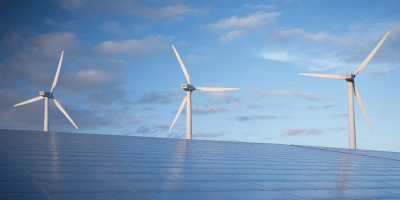
Power X is working on zero-emission container ships
30.05.2023
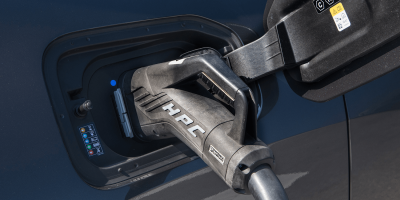
EnBW joint venture plans fast-charging network in Turkey
12.01.2023
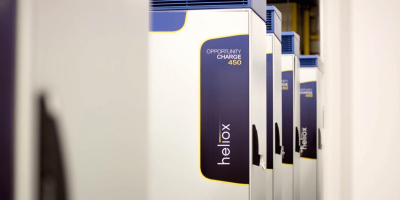
Heliox & Recoy integrate energy prices into V2X smart charging
28.07.2022
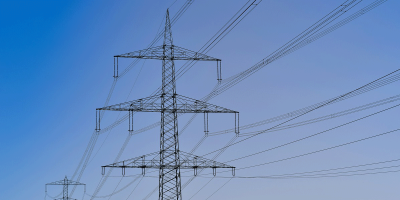
Germany aims for 100% renewables by 2035
28.02.2022
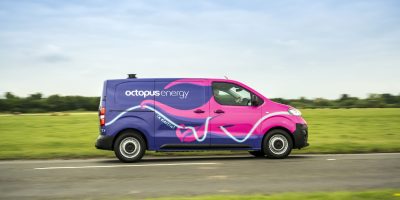
Octopus Energy & Sureserve score fleet charging deal
03.08.2021
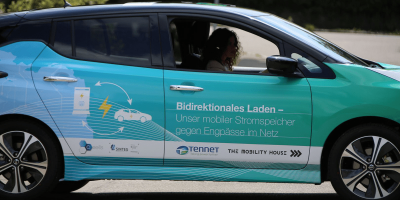
DE: Nissan & partners complete V2G pilot for renewables
19.03.2020
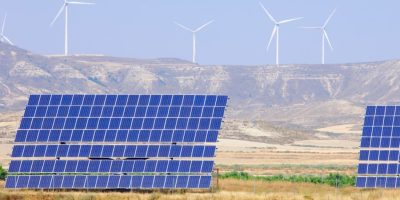
Electric cars: How green do you charge? The renewable developments.
31.01.2020
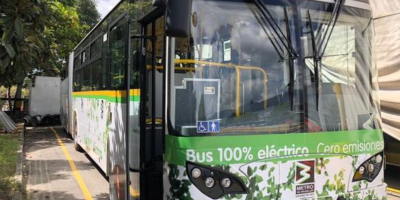
Kyocera & BYD launch ‘Well-to-Wheel Zero Emission’ project
18.06.2019
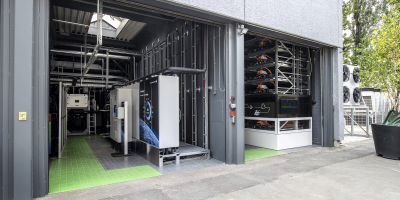
Audi sets up 1.9 MWh battery storage in Berlin
26.05.2019
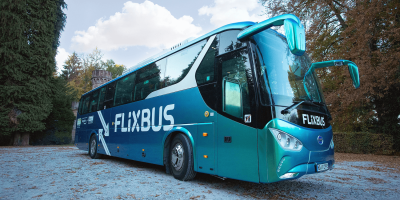
First electric long distance bus in Germany
24.10.2018

Scotland to build first sea-going hydrogen ferry
20.06.2018
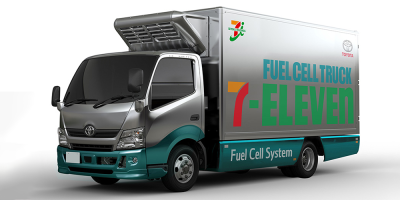
Toyota & Seven-Eleven launching fuel cell project
06.06.2018
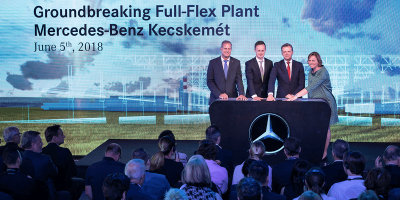
Daimler building Full-Flex-Plant for EVs and ICEs in Hungary
06.06.2018
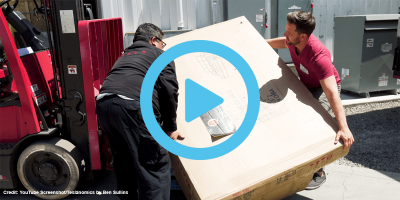
Elon’s couch delivered with added benefit (video)
07.05.2018
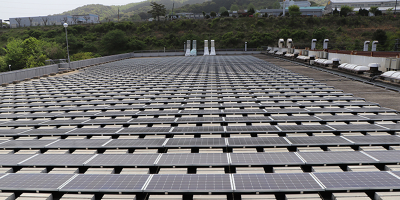
Future Plant in Japan by Benex & Sumitono to use Nissan EVs
18.04.2018
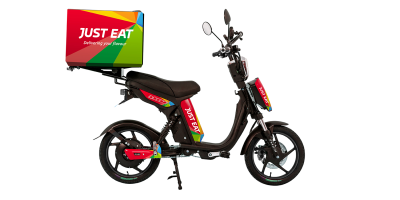
Just Eat gears up for green delivery fleet across UK
15.04.2018
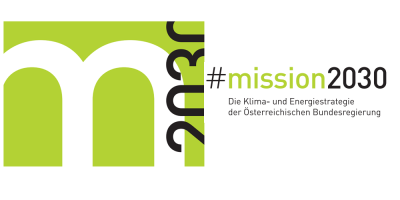
Austria is on #mission2030 to decarbonise the country
04.04.2018

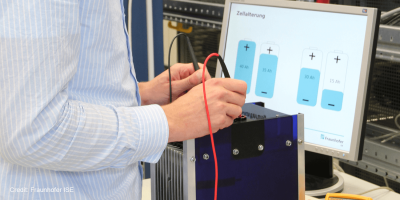
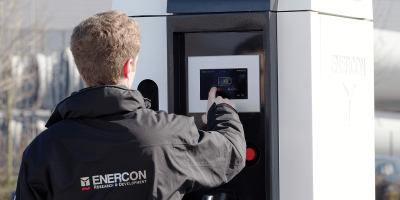
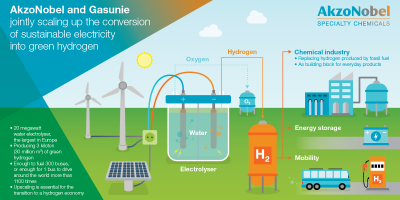

Last commented